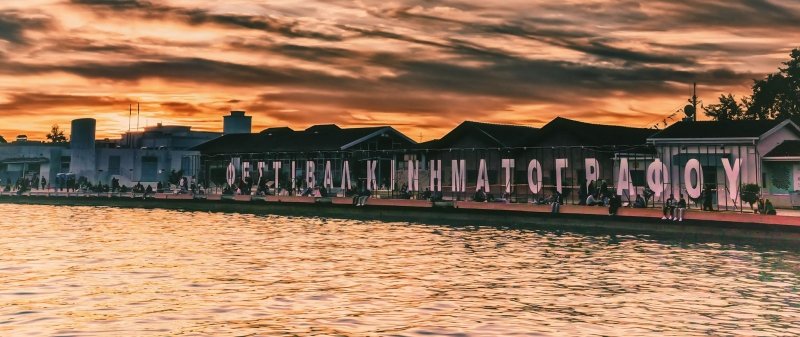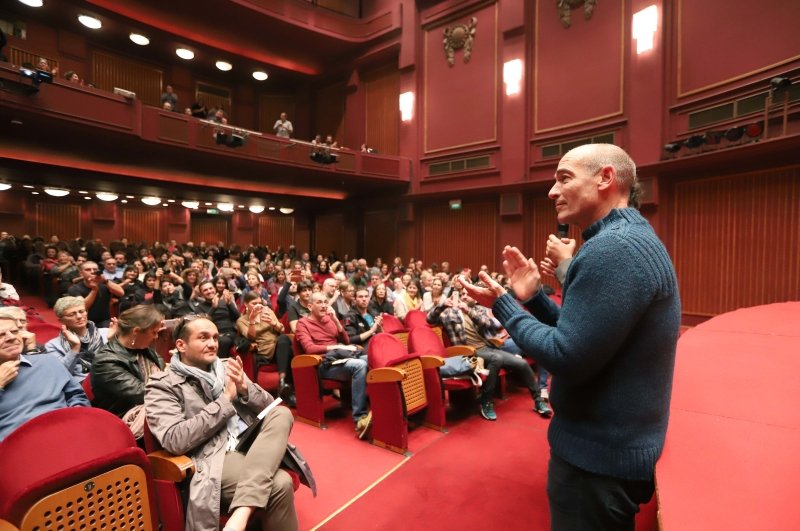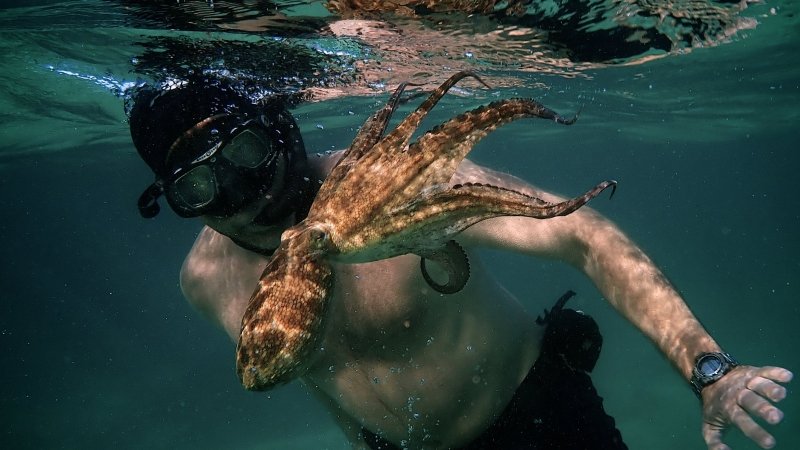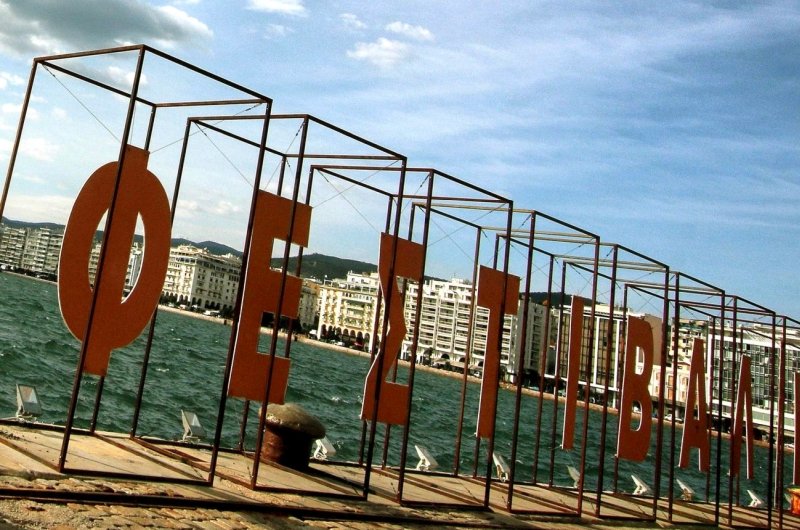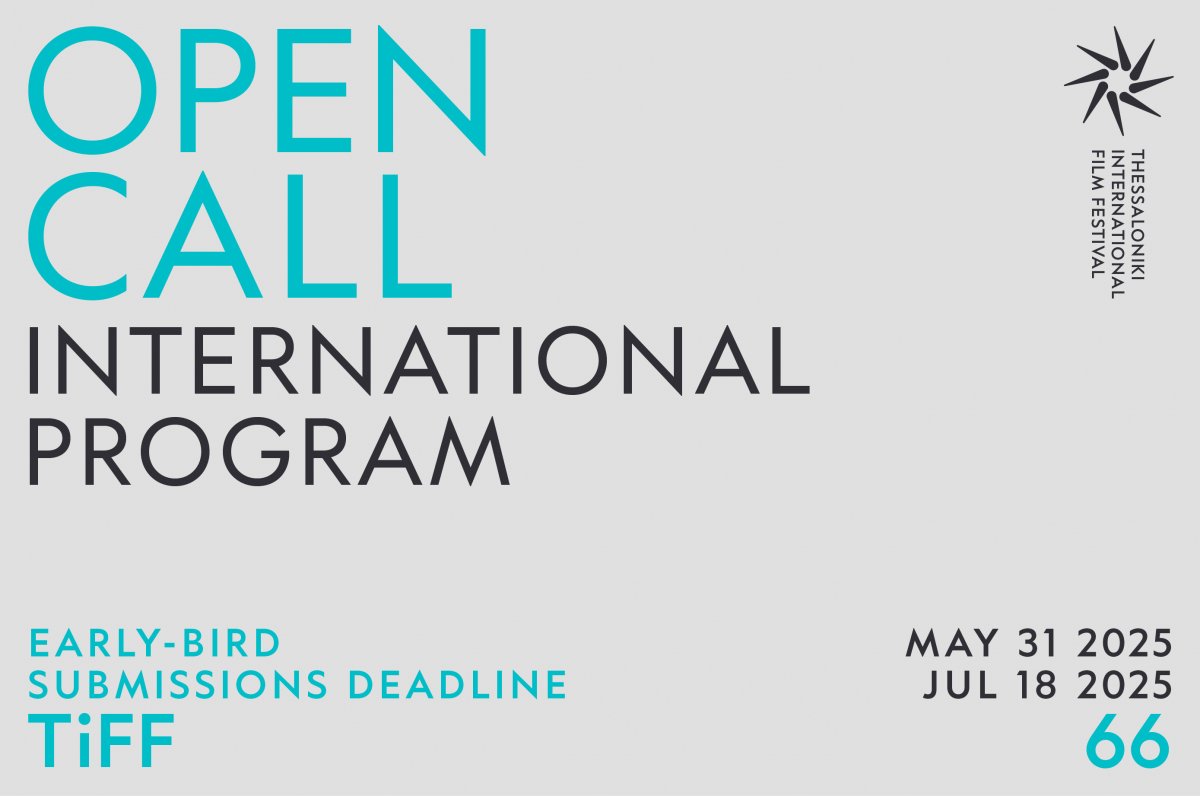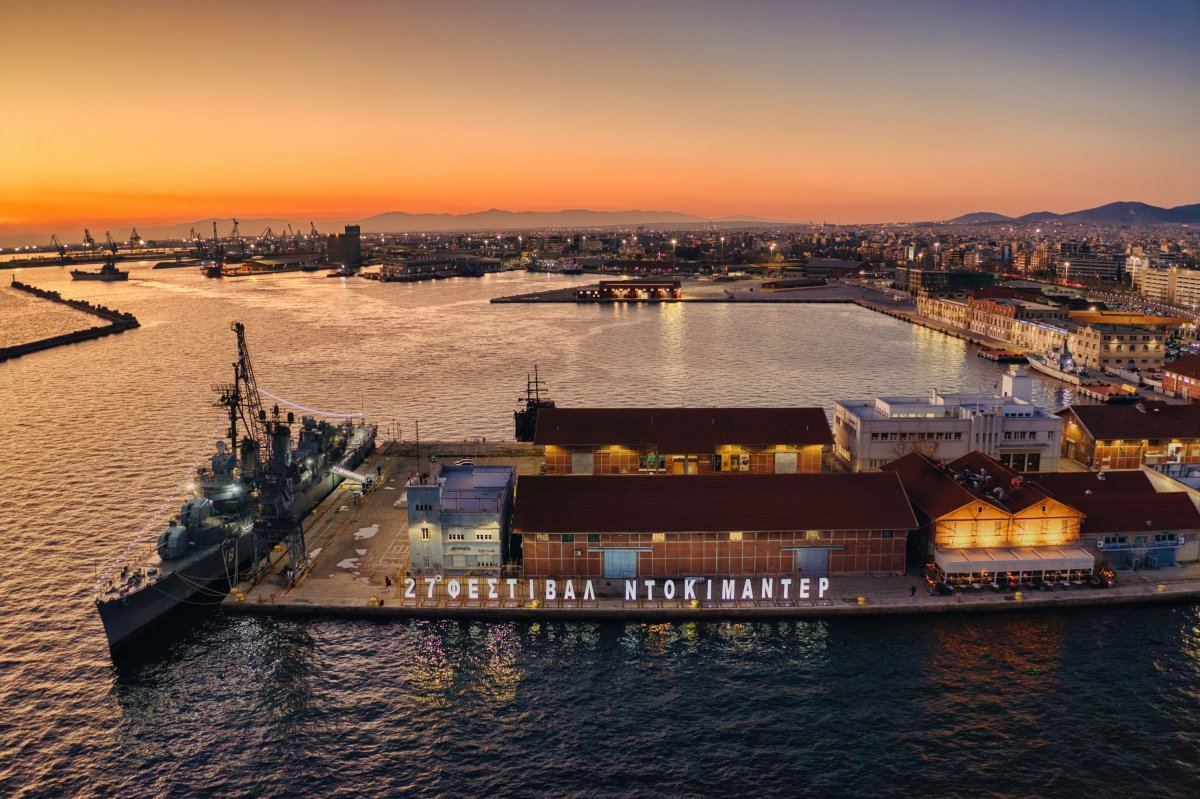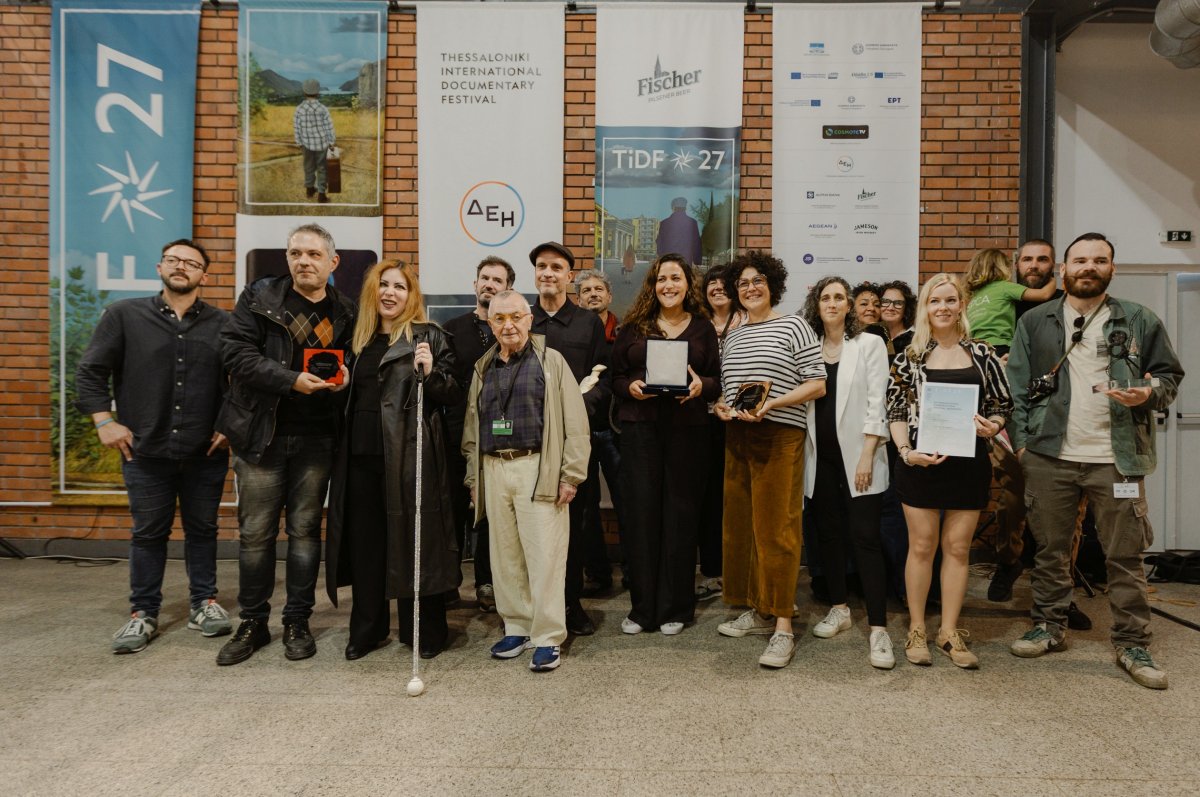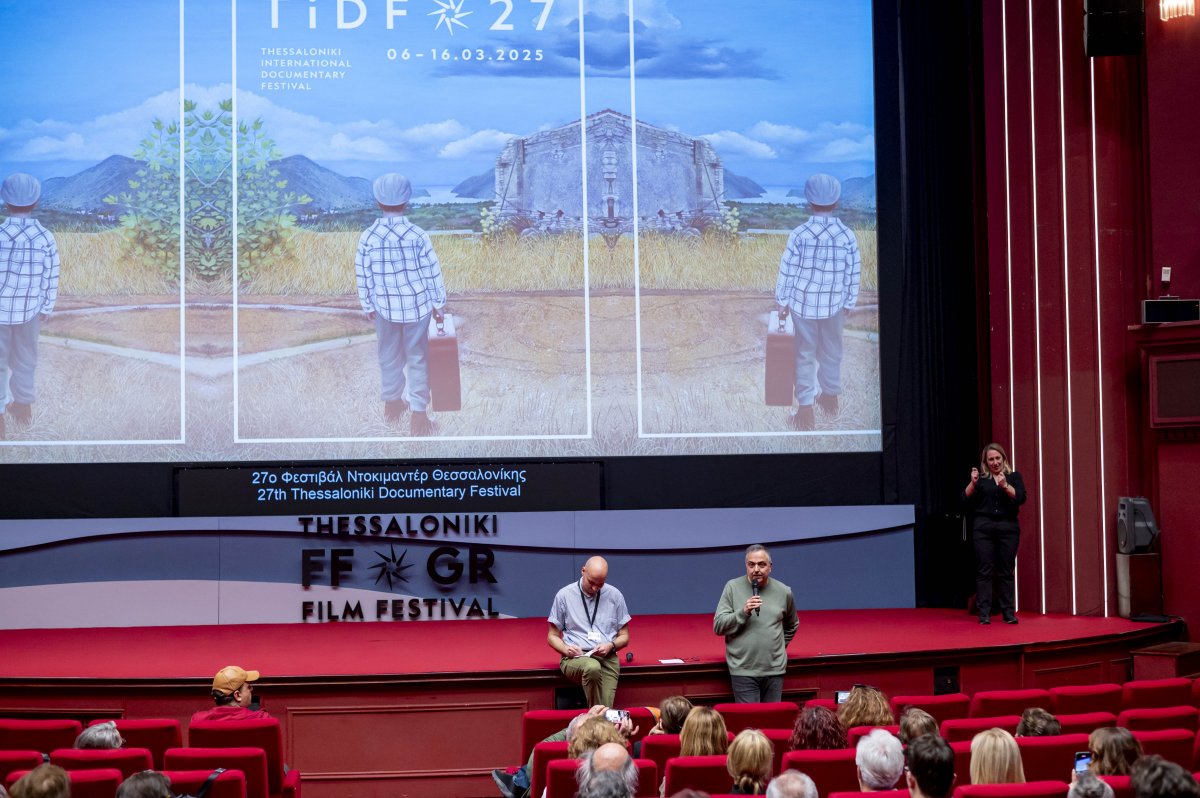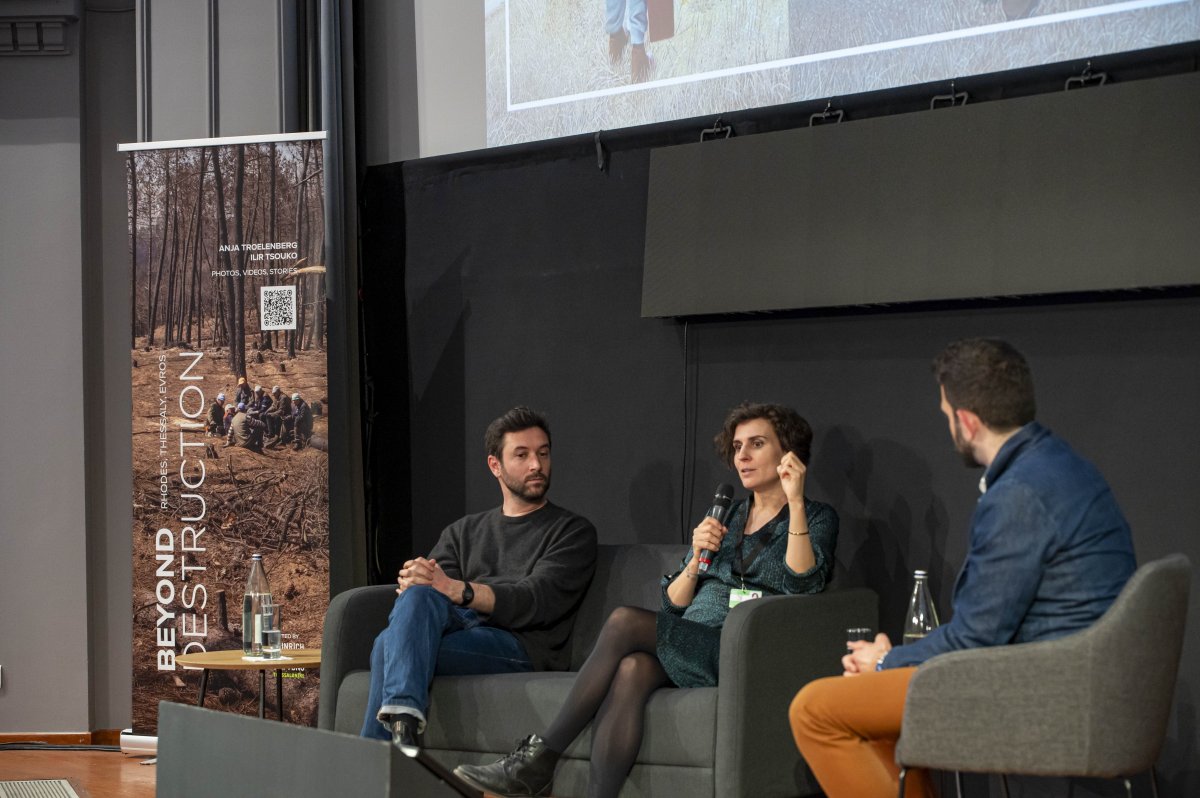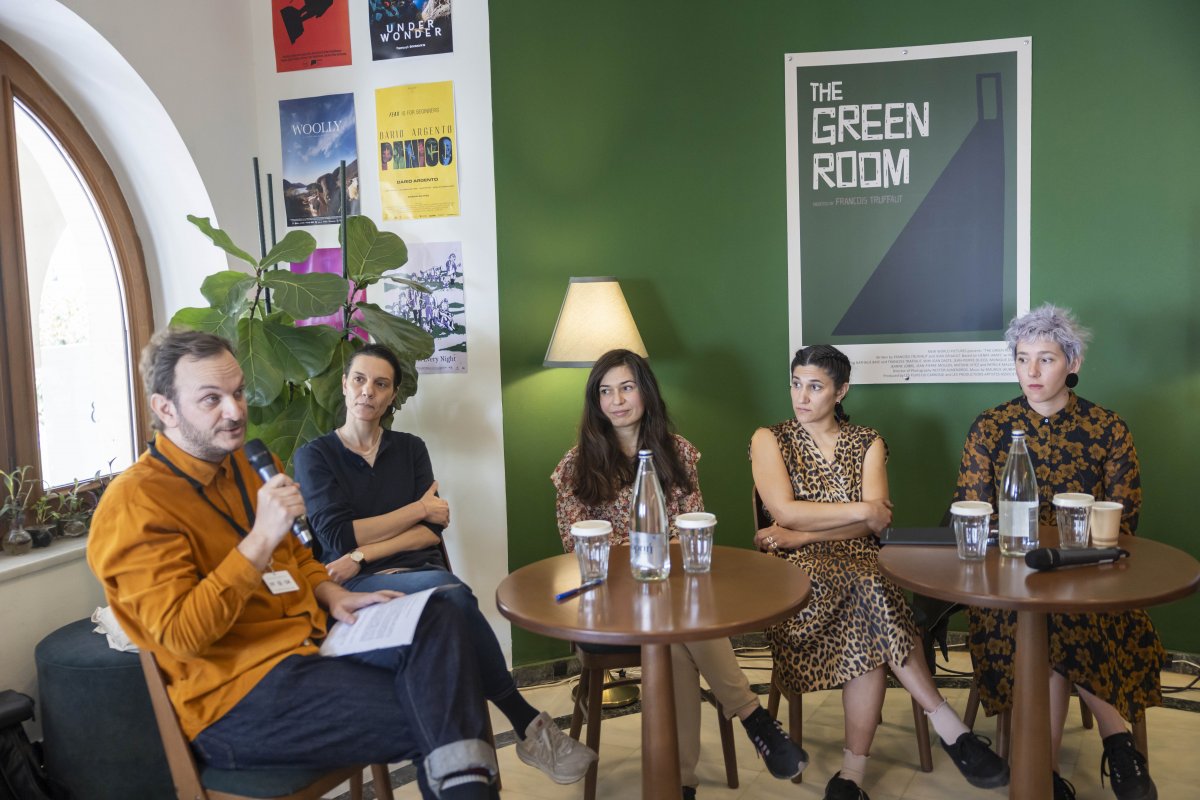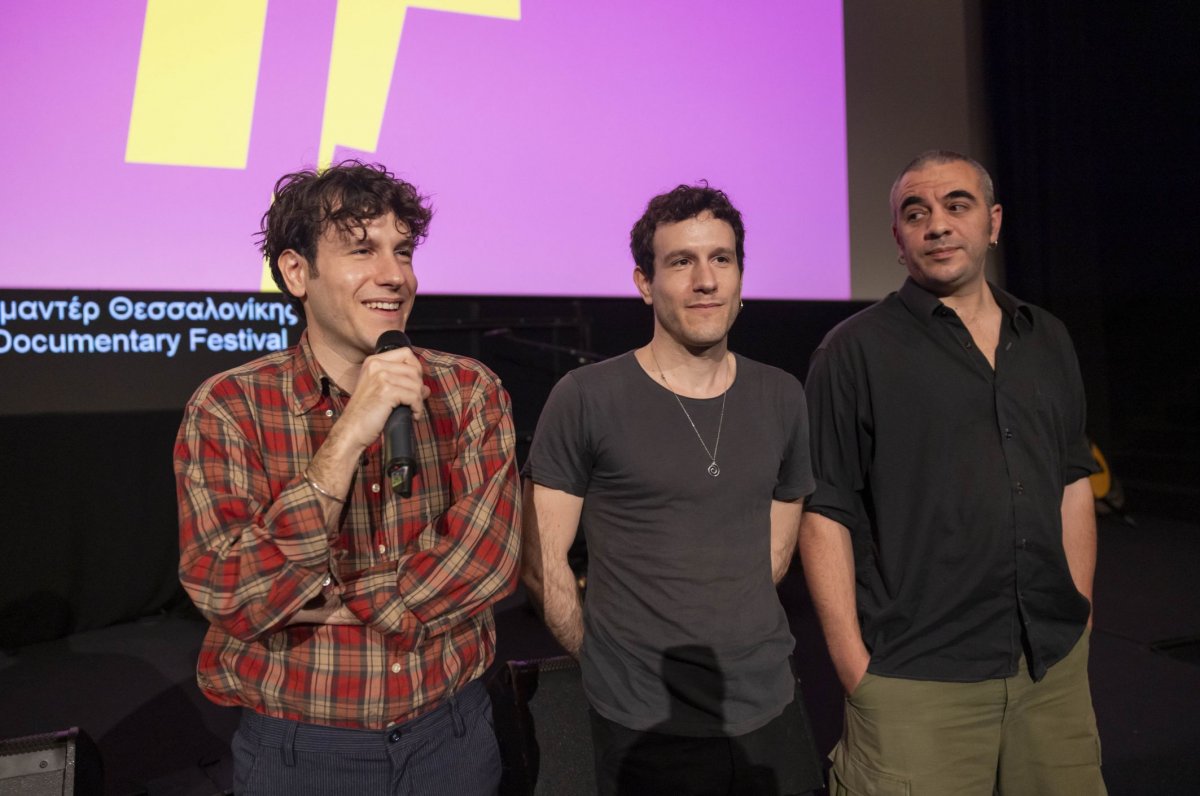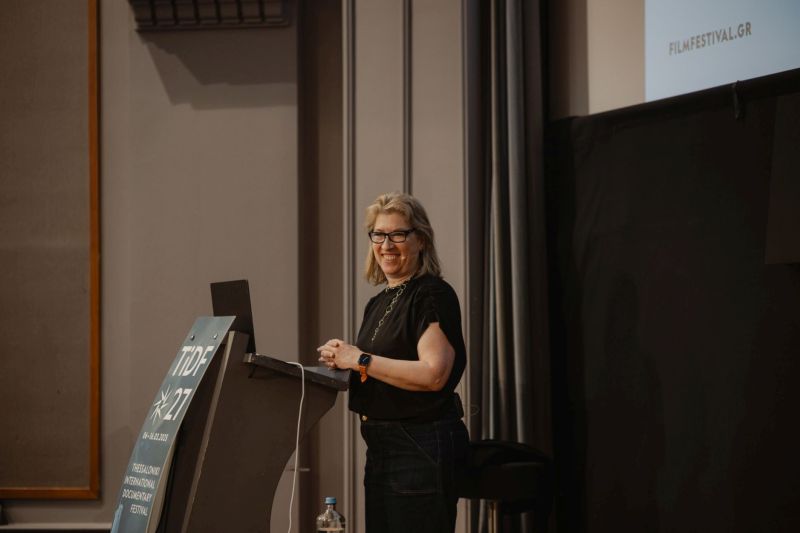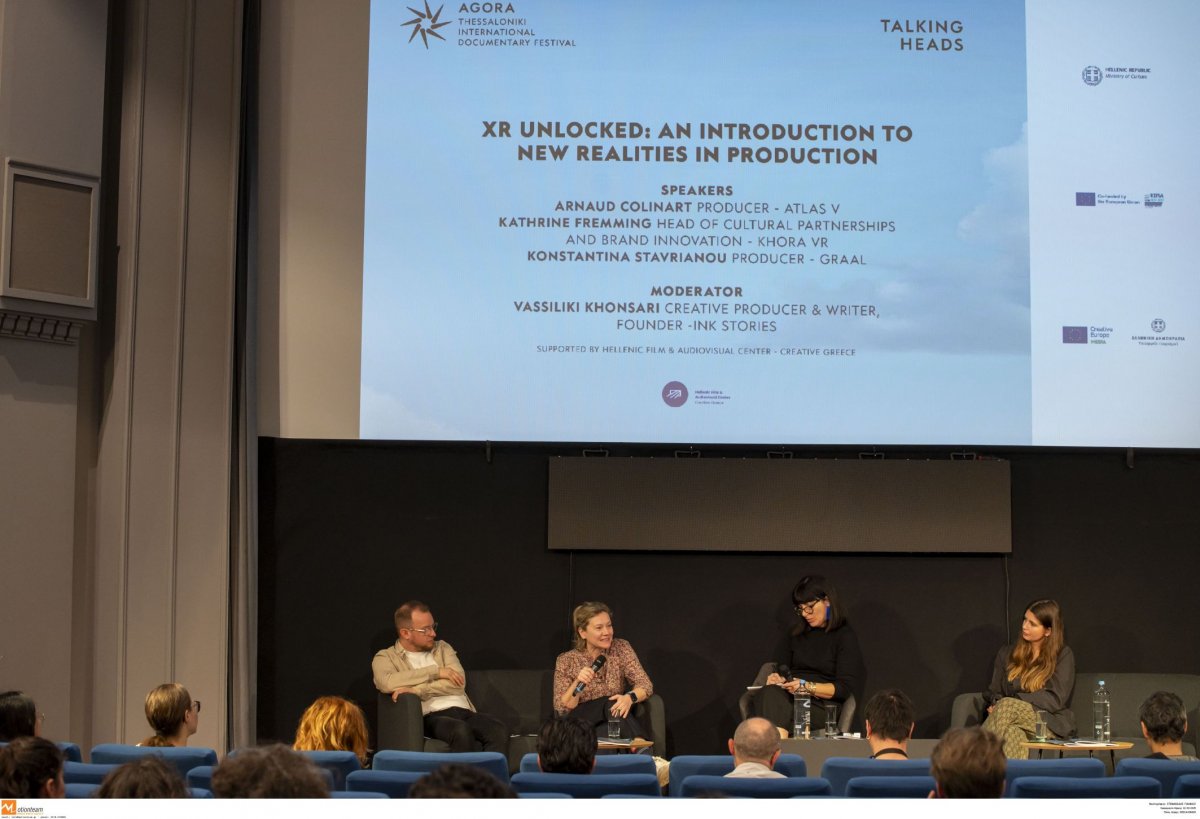Rare and lesser known sci-fi films, unexpected, cult and provocative, which used allegory to talk about some of the most important, complex issues of human existence, are presented in the core tribute of the 61st Thessaloniki International Film Festival, titled “The space between us: From sci-fi to cli-fi”.
Media / Press
For more information please contact Press and Communication Department.
61st TIFF: Submissions for Greek films are now open
www.filmfestival.gr
Understanding Documentary Film Audiences in Europe
www.filmfestival.gr
Findings from the Moving Docs Survey 2020
Documentary “My Octopus Teacher” will have its world premiere in Thessaloniki
www.filmfestival.gr
The Thessaloniki International Film Festival presents on Wednesday, July 15 the documentary My Octopus Teacher by Philippa Ehrlich and James Reed.
A global initiative by TIFF for establishing geoblocking in online festivals
www.filmfestival.gr
The Thessaloniki International Film Festival has taken on a global initiative for the protection of films and festivals in the new digital times, starting a plea for using geoblocking technology in online film festivals. The plea has already been signed by 18 big film festivals from all over the world.
The 61st TIFF supports Greek production - Call for entries
www.filmfestival.gr
The Thessaloniki International Film Festival has already begun planning for its 61st edition. The Festival’s team is in constant collaboration with the medical authorities, the Ministry of Culture and Sports, the City of Thessaloniki and the Region of Central Macedonia, monitors the COVID-19 situation and is preparing for three scenarios.



